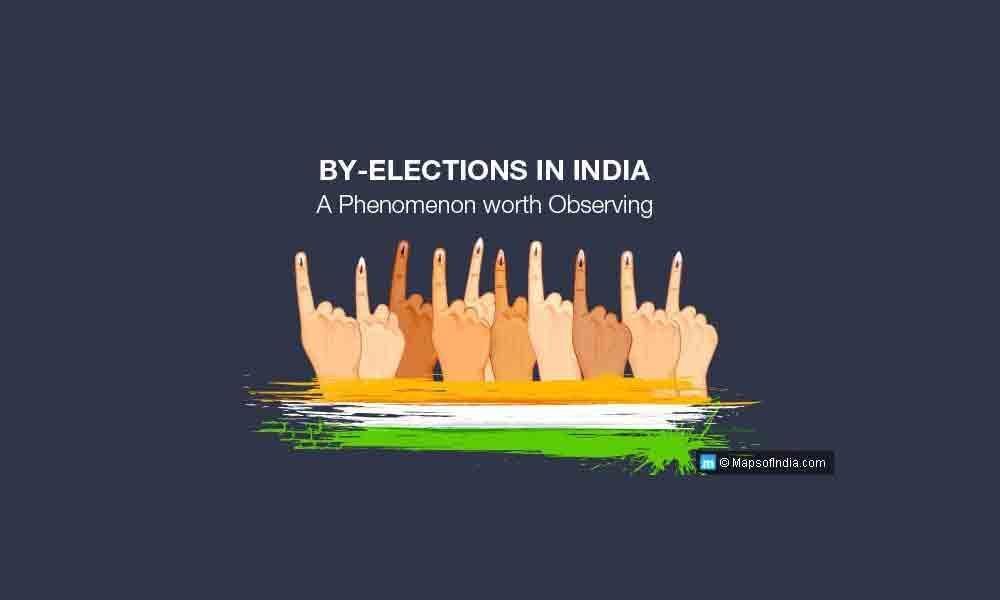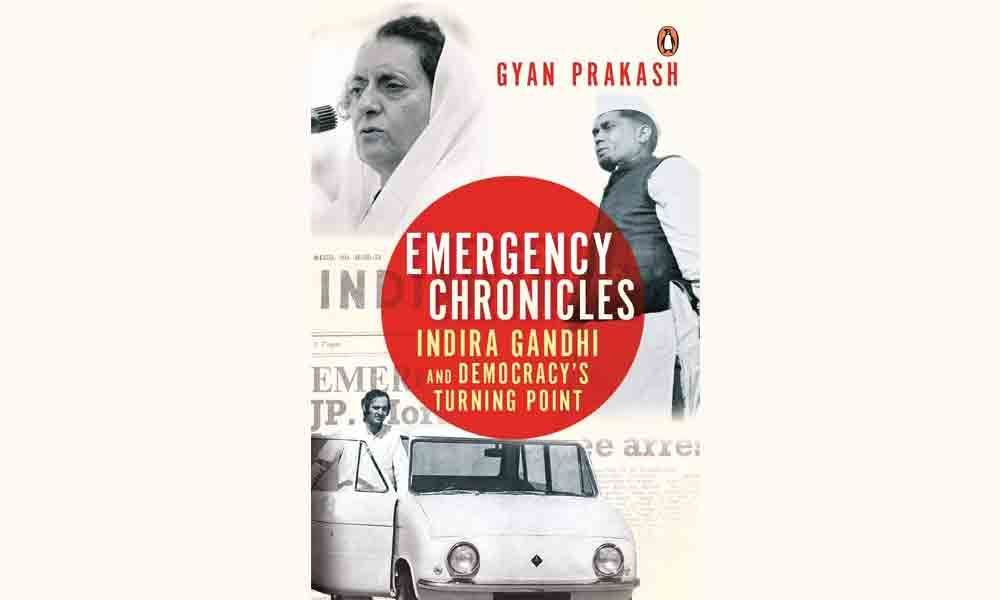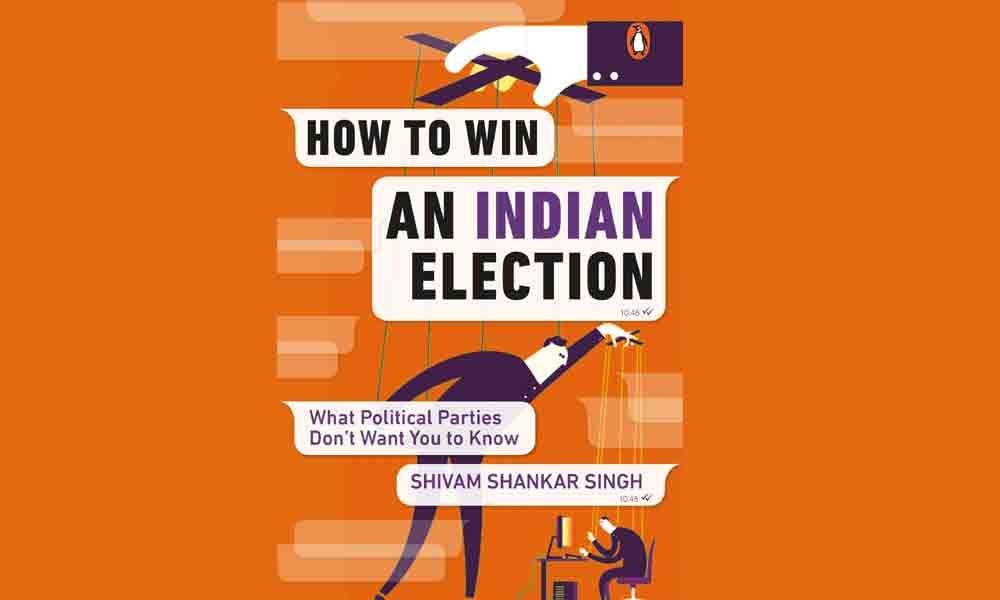Tomes on Indian politics
A close look at the festival of democracy
When a book declares right in the beginning that it is 'Dedicated to you, the voters. You're more important to a democracy than most politicians will ever be…' it becomes clear that it promises to deliver on what it sets out to reveal, armed with the title – 'How to win an Indian Election'.
With a rash of nearly a score books having been released in the last few months, unsurprisingly timing it with that of the seven-phased Lok Sabha elections of 2019, it pays to sail with the mood to try and decipher the festival of democracy as the Election Commission described it.
Singh is a former election campaign consultant having worked with a political party and takes the reader into the backrooms where poll war strategies are conceptualised. Yet in a refreshing manner, he admits in his book that 'there is no clearly defined path for success in politics and not many people know what it actually entails.' This was the trigger for him to write the book comprising a manageable 248 pages with the necessary disclaimer/ acknowledgements and notes at the end. In fact, the author openly admits having taken up jobs in this sector to experience the thrill of electoral politics. As he elucidates further: "An understanding of the tools used by politicians and political parties is becoming even more essential now when narratives are being shaped through the use of propaganda, fake news, data analytics and technology platforms offered by social media and mobile connectivity." The book has enough words of praise from think tank bigwigs, former heads of Election Commission and senior journalists.
In comparison, another book: 'Emergency Chronicles – Indira Gandhi and Democracy's Turning Point' (Gyan Prakash, Penguin/ Hamish Hamilton) looks at a critical facet of Indian democracy and how it altered power politics of Delhi forever. Authored by Gyan Prakash, a Dayton-Stockton Professor of History at Princeton University, this is Prakash's fourth book in a period of nearly three decades. As the academic opines: 'It is no wonder that the Emergency is remembered emotively in India. But its onset is also seen as a sudden irruption of authoritarian darkness and gloom. Indira's suspension of constitutional rights appears as an abrupt disavowal of the liberal-democratic spirit that animated Jawaharlal Nehru and other nationalist leaders who founded India as a constitutional republic in 1950'.
As the promo points out: 'The book delves into the chronicles of the preceding years to reveal how the fine balance between state power and civil rights was upset by the unfulfilled promise of democratic transformation.' Interestingly, Gyan Prakash also explains how the growing unrest disturbed Indira's regime, prompting her to turn to the law to suspend lawful rights wounding the political system further and opening the door for caste politics and Hindu nationalism. Thus, if one were to conclude, despite a clutch of coalition partners coming to power now and then at the Centre over the past three decades, the seeds of majoritarian politics, as the current NDA regime is accused of practising it, were sown a good five decades ago. In all, for political scholars, yet another aspect of governance and political history has been opened up for sure.




